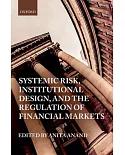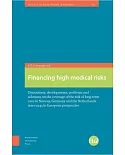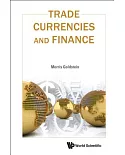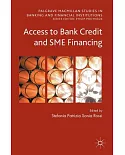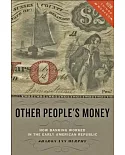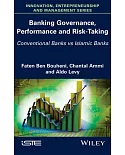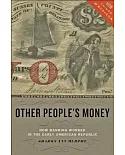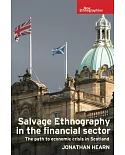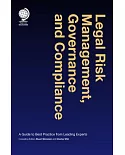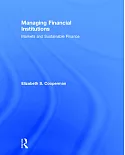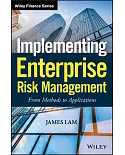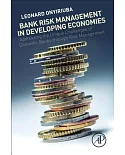'Countries face a range of shocks that can contribute to higher volatility in aggregate output and, in extreme cases, to economic crises. The presence of such risks underlies a potential demand
for mechanism to soften the blow from adverse economic shocks. Such a protective infrastructure is referred to in this paper as 'country insurance.' Protective measures that countries can take
themselves ('self-insurance') include sound economic policies, robust financial structures, and adequate reserve coverage. Beyond self-insurance, countries have also established regional
arrangements that pool risks while, at the multilateral level, the IMF plays a central role through the temporary provision of its resources when shocks create balance of payments difficulties
for a member, and through the policy advice it provides under surveillance. The Occasional paper focuses on what countries can do on their own -- that is, on the role of domestic policies --
with respect to country insurance.'--Preface



